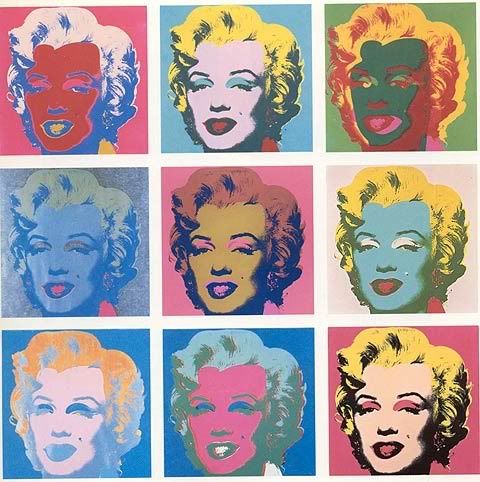What I'm going to talk about this time is certainly a controversial topic. And I think must state clearly that this is my opinion. I don't like saying that because I don't like how opinions are commonly regarded (i.e. as either equally right or equally wrong). But as I cannot claim to have a very informed opinion on this matter, it's better to be humble when there's reason to be, isn't it?
Recently, France has moved towards partially banning the burqa in public places. Of course this has provoked both outrage and approval, often across traditional political lines. I'm not exactly going to take a side on this issue, since my own position straddles both sides of the debate somewhat. I think that this is not a good move, especially with how it has been portrayed by its proponents—I'm not a fan of European views on foreign cultures and integration. However, I don't agree with those who say that this is a clear violation of the freedom of conscience as I disagree that the veil is Islamic.
And I say that because I have a generally positive view of Islam, which can be more progressive than Christianity in issues of social justice (as the Christian conservative majority seeks to prove daily). The notion of an Islamic veil, therefore, sits uncomfortably with me.
Ultimately, the argument boils down to whether hadiths should be seen as binding and what implications this has on one's faith and devotion. In the article, an imam answers the former in the negative, stating there is nothing in the Quran that directs women to cover their faces. And I agree with him. I think that Islam is primarily based on the Quran and that hadiths, as a secondary source on the words and deeds of the Prophet, are a matter of tradition. Thus, I don't think they can be binding, and they should certainly not reflect on the strength of one's faith and devotion.
However, as a more detailed treatment of Islamic doctrine is beyond my ability, I shall offer a logical and ethical argument for this view. There are, I'm sure, many practices based on religious traditions that are uncontroversially disallowed in modern societies. Female genital mutilation is one good example. Of course, not all of them are based on such an old and supposedly weighty set of traditions. But if an ancient and important religious authority did prescribe the practice of female genital mutilation, does that make it more acceptable? (Of course, this question presumes at least some degree of moral realism; I am assuming that we don't think something is right just because people think that it is, or that moral statements merely reflect our emotions)
I also find it disturbing that people are using the notion of freedom to support repressive ideas and practices. Is the veil even really worn for the purposes of modesty today? Cultural norms have changed, and I think the only reason why the veil remains in a lot of places is the patriarchal traditions that some Muslims subscribe to. Besides, if it is about modesty, why do men not wear it as well?
The only good thing that I've heard about it (found here) is that it potentially renders the issue of female looks irrelevant to career prospects in jobs that don't technically require good looks. However, communities that place great importance on it also don't tend to value women's education and work as much as men's. That certainly has implications on the notion that it serves as a gender equaliser.
And as with any other issue, to shout about freedom in arguing for the acceptance of repressive things is inherently contradictory. The logical conclusion of such a view would be akin to the extreme libertarian view, as espoused by Robert Nozick, that someone is free to sell him/herself into slavery. The contradiction in such a line of thinking should be clear, and if we subscribe to the notion of fundamental rights we cannot at the same time think that people can give them up. If that is the case, they wouldn't be 'fundamental'; the argument is thus self-defeating.
Hence, also noting that the ban is after all only partial, I disagree with a lot of the criticisms of this move. But, having said that, I do think that it is misguided in the way it has been conceived and recommended. Even if equality is to be merely paid lip-service, the legislation shouldn't have been expressly aimed at Muslims. Otherwise, it sends a message that xenophobia plays a part in the decision. And if you like to think in slippery slopes, you can imagine what sort of precedent this might set on the issue of integration.


